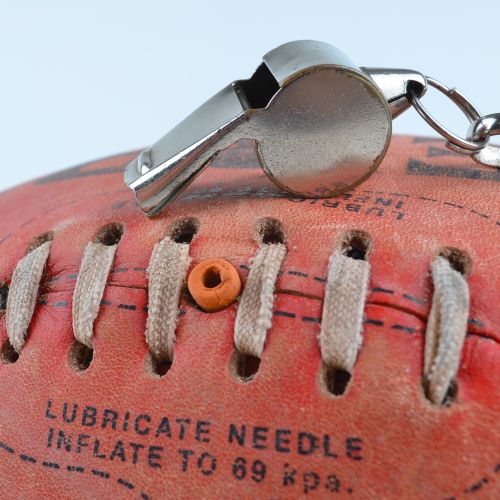Yale Study: Wearable Intervention for Alcohol Use Risk and Sleep in Young Adults | Newswise

Newswise — A multimodal digital program that incorporates health education, self-monitoring, and feedback and coaching was effective in helping young adults reduce their alcohol intake and improve their sleep health, according to a study published May 30 in JAMA Network Open.
The program was developed by Yale researchers. A core goal was to leverage sleep health as an appealing “hook” for young adults who report at-risk drinking.
The two-week program, Call it a Night, was developed over several years through a user-centered design process involving focus group interviews and smaller studies. It includes web-based sleep health advice, a diary to self-monitor habits on one’s phone, and feedback from wearable devices that estimate alcohol consumption and sleep.
Feedback is provided on a biometric dashboard that overlays the information to produce insights about the connection between sleep and drinking behaviors. A health coach then orients young adults to their health data, provides support for behavioral goal setting, and offers behavior change strategies tailored to their data.
In a randomized control trial, researchers tested the full Call it a Night program against two control conditions that only included some components in 120 young adults who reported at-risk drinking. Sixty participants received Call it a Night. Thirty received web-based sleep health advice only and another 30 received only web-based sleep health advice and the phone diary for self-monitoring.
All trial participants significantly reduced their drinking over the three months following participation in the two-week program. However, only the full Call it a Night intervention showed significant improvements in sleep-related impairment, a measure of sleep health. Young adults in this condition were more than three times more likely to achieve at least a 1-level reduction in World Health Organization drinking risk-level compared to those who received advice alone.
“Sleep health was an important focus for engaging young adults,” said Lisa Fucito, PhD, associate professor of psychiatry and the paper’s first author. “Contrary to our expectations, all digital tools were appealing and helpful for reducing drinking. Yet, the coaching and additional personalization from the wearable feedback was important for promoting more clinically meaningful change across behaviors and young adults highly valued this intervention component. I’m especially excited to see the value of providing alcohol wearable feedback for this population.”
Alcohol was tracked through an ankle-worn device called the SCRAM CAM, which is typically used in the criminal justice system to enforce probation conditions or in research studies to monitor outcomes. But in this study, young adults wore it for what the Food and Drug Administration would call “general wellness,” meaning they were interested in viewing their drinking habits for purposes of monitoring their lifestyle rather than addressing a disease or condition.
Fucito said young adults in the United States – those surveyed in this study were between the ages of 18 and 25 – have the highest rates of heavy drinking and alcohol use disorders but rarely seek help, posing a major public health challenge.
“To engage and motivate them to address their drinking, it is essential to understand their health practices and preferences,” Fucito said. “Increasingly, they use digital health tools and value personalized, holistic approaches that integrate physical and mental well-being.”
The researchers said the study highlights the need for scalable and sustainable strategies to enhance the efficacy of alcohol prevention and intervention programs for young adults. Future research will focus on refining the intervention and testing the model in more diverse populations under real-world clinical conditions to ensure broader applicability and effectiveness.
Other Yale researchers involved in the study include Garrett I. Ash, PhD; Ran Wu, MS; Brian Pittman, MS; Chiang-Shan R. Li, MD, PhD; Stephanie S. O’Malley, PhD; and Kelly S. DeMartini, PhD. External authors include Nancy P. Barnett, PhD, at Brown University and Nancy Redeker, PhD, at the University of Connecticut.
The research reported in this news article was supported by the National Institutes of Health National Institute on Alcohol Abuse and Alcoholism, and Yale University. The content is solely the responsibility of the authors and does not necessarily represent the official views of the National Institutes of Health.




